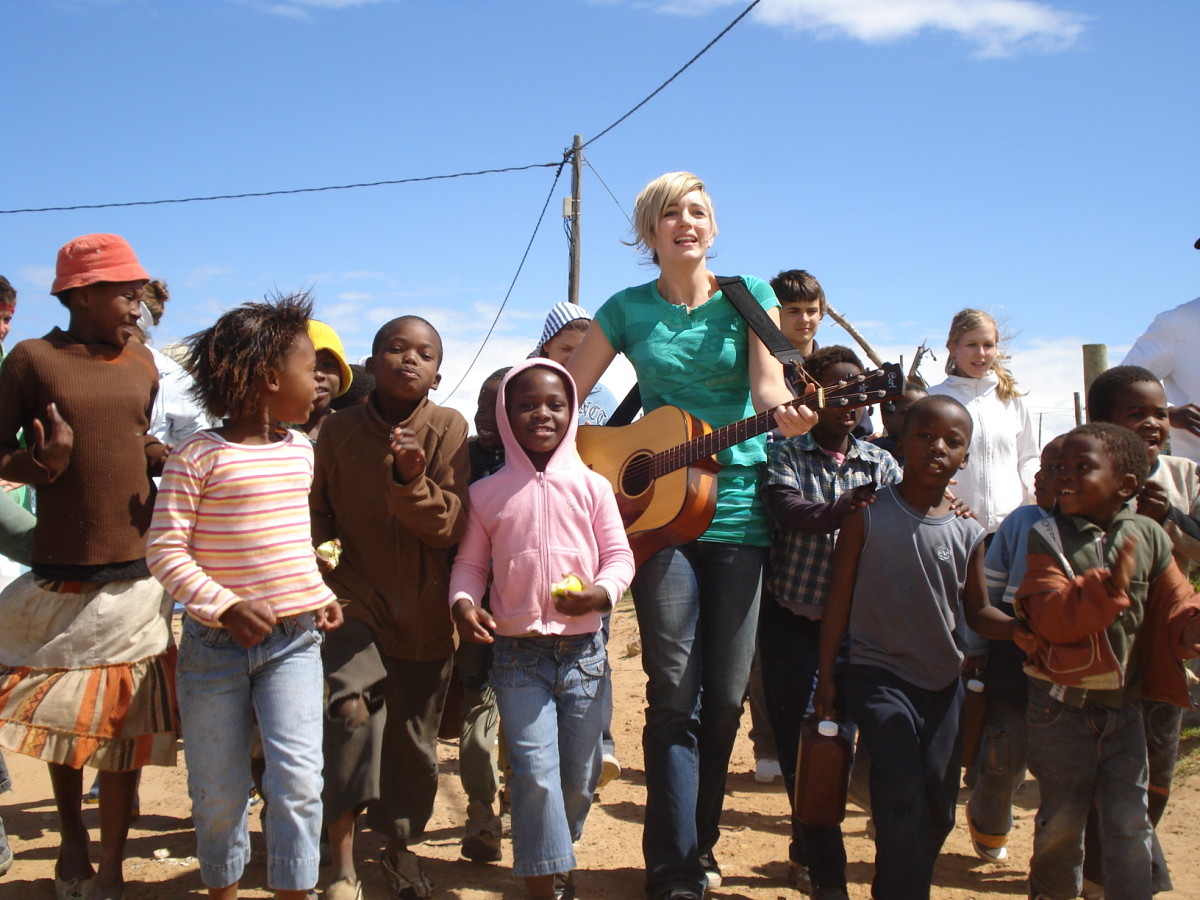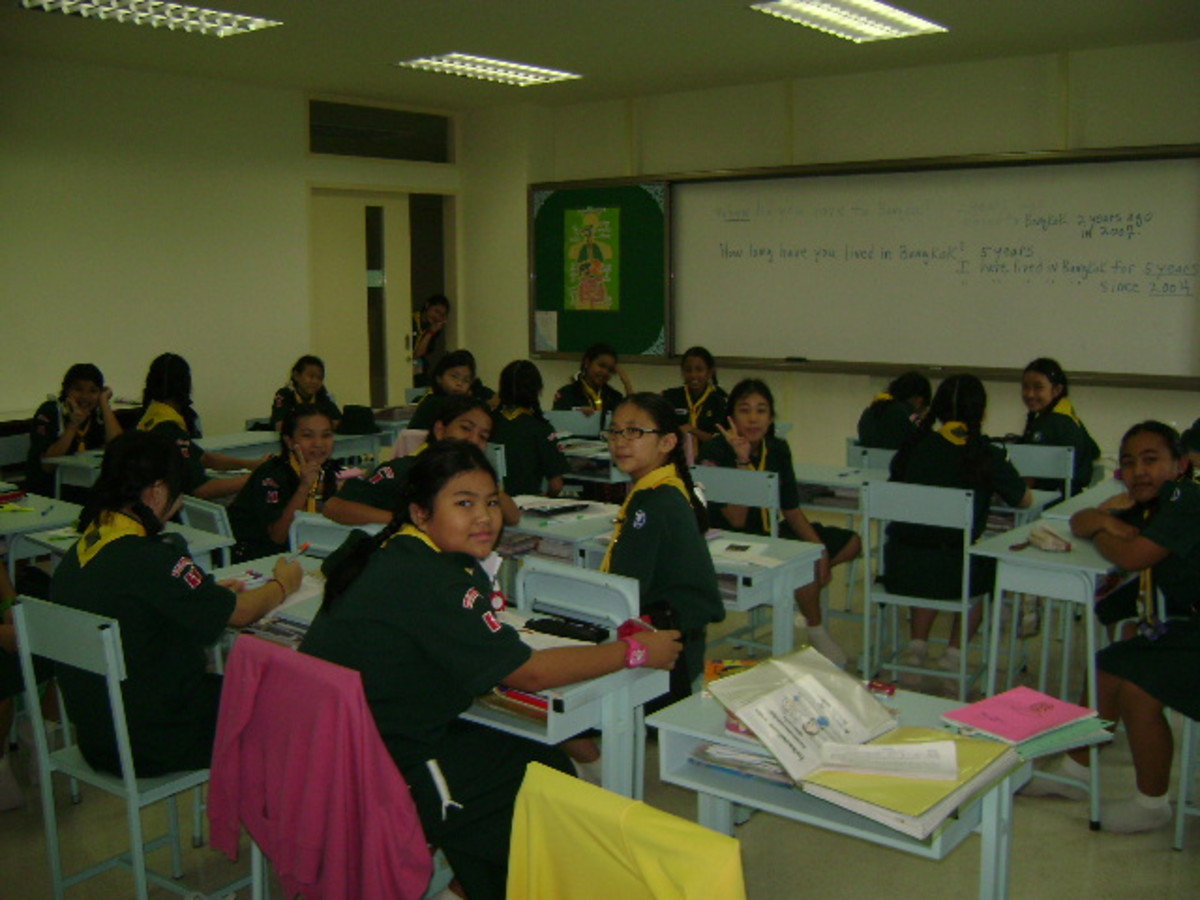Say What? How Our Speech is Affected by our Surroundings
You Say Tomato...

Where we are, who we are with, or what we are talking about can affect the way we speak. In the United States, most people speak English. However, depending on where you are in the United States, you may say some things differently than others. People in the northeastern part of the country may leave out an “r” as in “taking a ride in the cah,” or being from “New Joisey,” and then add an “r” where one isn’t present. You can easily find a good pizzer joint in Boston. Folks down in the south have their own way of speaking, too. Shortening “you all” into “y’all” is usually a dead giveaway. If you are from the midwest, you may sound a little nasally to someone from California, especially when you are saying “Chicahhhgoh.”
Having lived in the southeast most of my life, then moving to the midwest, my accent comes up often as a topic of conversation. And when it does, the accent automatically gets thicker. Sometimes I even notice other people mimicking my accent without even realizing they are doing it. Who we are with can certainly affect the way we speak.
When I was very young, I worked for a manufacturing company. I worked in a blue-collar setting, doing manual labor with several men. This job was completely in the trenches. The language used between the men there (and me!) was peppered with profanity, and sometimes was downright raunchy. When I took a job working in the front offices of the same facility, I noticed a difference the first time a foul word slipped out of my mouth. Eyes darted away, and I realized my faux pas. My language cleaned up immediately – it was directly related to the people I was around. I don’t believe I ever heard a vulgar word or even an off-colored joke during my tenure there.
I see these patterns in my children now. My daughter, who is in high school, socializes predominately with band students. They have their own way of speaking when it comes to their band involvement, but the majority of these children are in advanced English classes and speak with a grammatical correctness worthy of accolades. My eight-year-old, however, likes to “hang out” with the little boys who run the fastest, and they seem to say things like, “That his!” and “She a snitch!” I know that they say these things, because my son has come home saying these things and has to be corrected.
I know that I speak differently now depending on who I’m talking to. I can say things to friends that I could never say to my mother. I correct my children with different language than I would write up a citation at work. And I speak to friends over dinner differently than I would speak to the church congregation from the pulpit. Over the years I have learned that where someone is, who they are around, and sometimes even the subject matter can change their speech. I have also learned that my son needs friends with better grammar.








